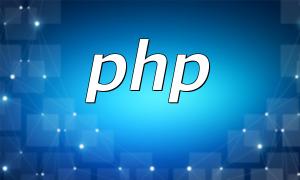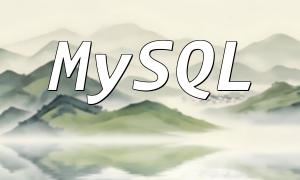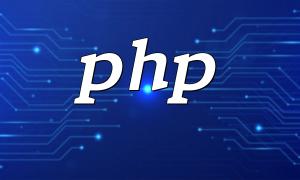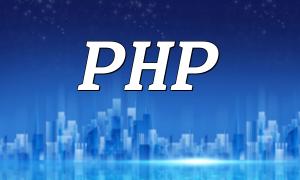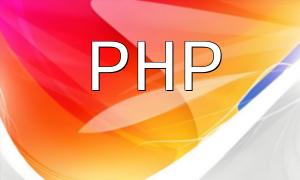Top PHP Frameworks to Meet Various Development Needs
In modern PHP development, selecting the right framework is essential for building robust and maintainable applications. This guide introduces several widely-used PHP frameworks, tailored to different project sizes and complexity levels.
Laravel
- Best suited for: Large-scale, complex applications and web APIs
- Key strengths: Powerful routing system, intuitive Eloquent ORM, clean syntax, and a rich ecosystem.
Laravel is often used for building feature-rich e-commerce platforms and CMS solutions. It’s developer-friendly and has a highly active community.
CodeIgniter
- Best suited for: Small to medium-sized projects and rapid development cycles
- Key strengths: Lightweight, high performance, quick to learn, and easily extendable.
This framework is ideal for internal tools, blog systems, and prototypes due to its simplicity and speed.
Symfony
- Best suited for: Enterprise-grade systems with high customization requirements
- Key strengths: Modular architecture, advanced dependency injection, robust security features, and comprehensive documentation.
Symfony is a preferred choice for long-term projects and enterprise platforms that require flexibility and scalability.
Zend Framework
- Best suited for: Enterprise applications with high performance and modularity needs
- Key strengths: Fully object-oriented, rich feature set, scalable architecture, and extensive documentation.
Zend Framework is ideal for complex business systems requiring high performance and long-term maintainability.
Yii
- Best suited for: Modular, scalable applications with flexible architecture
- Key strengths: Clean design, built-in validation, powerful ActiveRecord support, and Gii code generator.
Yii is a great option for developing admin panels, social platforms, and API-driven projects efficiently.
Key Factors When Choosing a PHP Framework
Before selecting a framework, developers should carefully evaluate the following:
- Project size and complexity
- Performance expectations and scalability
- Development team's experience and skills
- Community support and documentation quality
- Ease of integration with third-party tools
Each PHP framework has its own strengths. Understanding your specific development needs is crucial to making the right decision.
